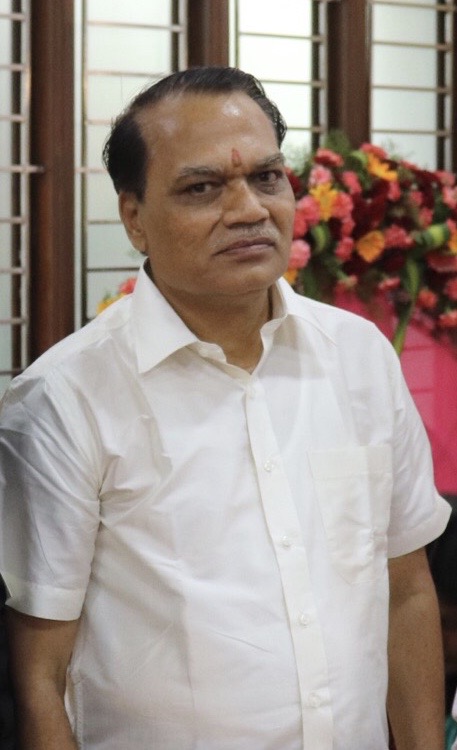1.
Here's a detailed breakdown and our Inputs on your query: -
Background:
- The client did not pay Reverse Charge Mechanism (RCM) GST on certain expenses during FY 2021-22.
- The case is under audit for FY 2021-22.
- The tax amount involved is ₹4.5 lakh.
- The client is now willing to discharge RCM liability and claim ITC in the GSTR-3B of April 2025.
- You mentioned Rule 47A of CGST Rule, 2017 — likely referring to the amended time limit for availing ITC.
Legal Basis – ITC on RCM under GST:
Under GST law:
- RCM tax must be paid in cash (not through ITC).
- Once paid, ITC can be claimed, subject to the time limits laid down in Section 16(4) of the CGST Act, 2017.
Key Amendment – Section 16(4):
- Before amendment: ITC on any invoice or debit note had to be claimed by the due date of GSTR-3B for September following the end of the financial year, or before filing the annual return, whichever was earlier.
- After amendment via Finance Act 2022 (effective 01-Oct-2022): The time limit was extended to 30th November of the next financial year.
- Finance Act 2023 added Section 47A – but this relates to automatic compounding of late fees, not ITC. You likely meant Section 16(4) instead.
Current Position (as per latest provisions):
For FY 2021-22, the last date to avail ITC would have been:
So, availing ITC in April 2025 is not permissible for FY 2021-22 RCM liability because the time limit has already lapsed.
Conclusion:
- Your client can and should pay the RCM liability now (₹4.5 lakh) to rectify non-compliance and avoid further interest/penalty.
- However, ITC cannot be claimed in April 2025, as the time limit to claim ITC for FY 2021-22 expired on 30-Nov-2022.
- This tax amount will therefore become a cost to the business.
 TaxTMI
TaxTMI  TaxTMI
TaxTMI 

